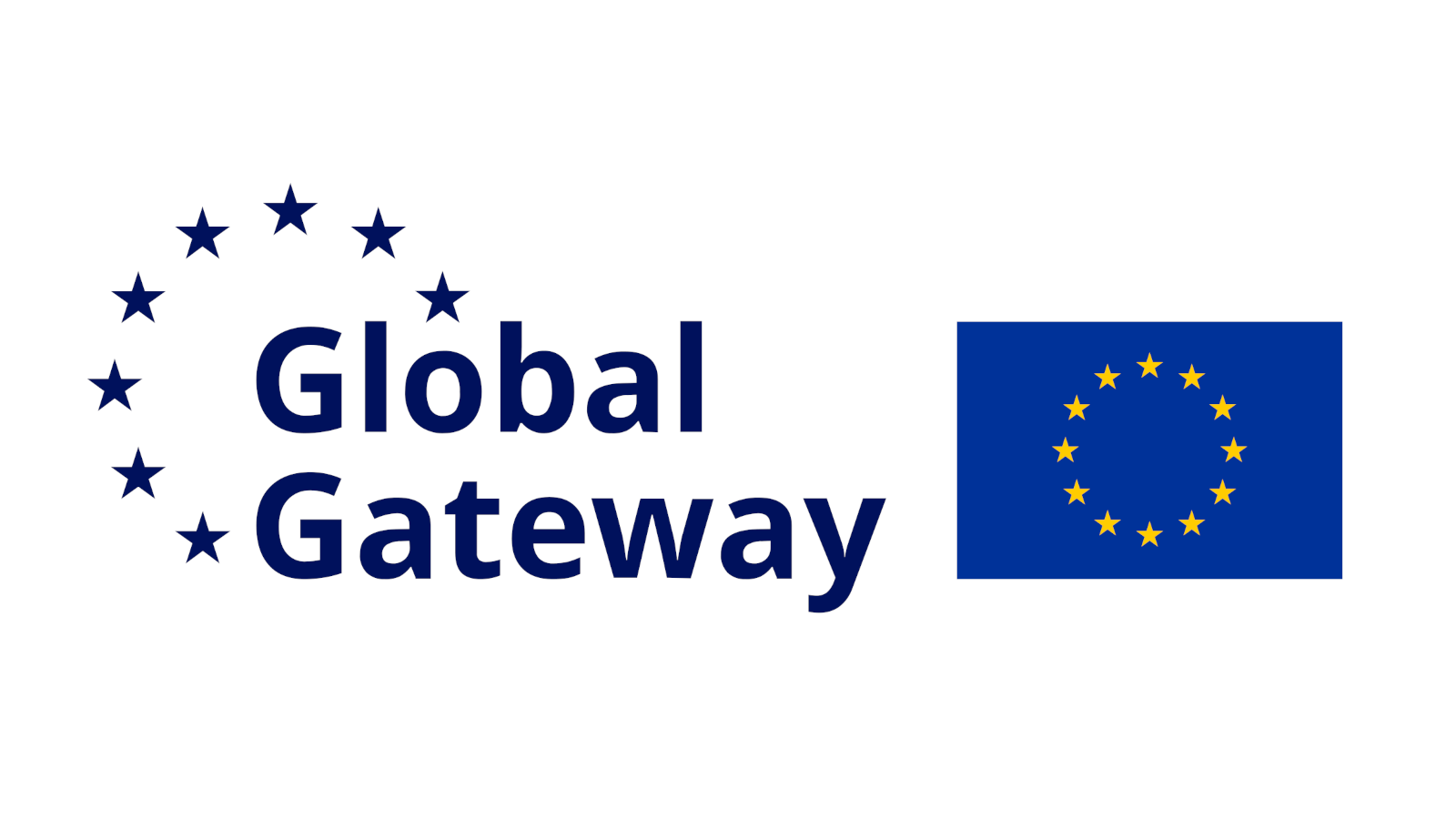- 30 NovUpdated Countries November 2021
- 31 OctUpdated Countries October 2021
- 13 SepUpdates to JP, BD, UA, AU, LA, and PG
- 13 AugPortugal Updated
- 16 JulSaudi Arabia and Moldova updated
- 14 MayCanada's country page has been updated
- 16 AprUpdate to LK, VN, RW and GE
- 17 MarMK, TT, FR, PH, ML, and CM Updated
- ← Newer Older →
30 Nov 2021
Updated Countries November 2021
The following countries have been updated in November 2021:
- Italy
- Jordan
- Malta
- Montenegro
- New Zealand
- Nicaragua
- Russia
- Zambia
31 Oct 2021
Updated Countries October 2021
The following countries have been updated in October 2021:
- Jamaica
- Malawi
- Malaysia
- Samoa
- Singapore
- South Africa
13 Sep 2021
Updates to JP, BD, UA, AU, LA, and PG
Bangladesh and Ukraine have been updated with assistance from government officials/contributors. Japan, Australia, Laos and Papua New Guinea were revised through public data collection.
Japan received new points in the Cyber Safety and Security Website, and in Education and Professional Development. Most information from existing indicators was also updated.
Bangladesh obtained new scores in Cyber Threat Analysis and Information, Protection of Essential Services, and Cyber Crisis Management, while existing information in other indicators was brought up to date.
Ukraine’s following indicators received new evidence: Regular Monitoring of Security Measures, Timestamping, National and International Cyber Crisis Management Exercises. Existing evidence was also refreshed.
Australia improved most notably in the Cyber Crisis Management capacity. With the National Strategy having been updated in 2020, this and other indicators were revised with fresh evidence.
Laos has enacted an Electronic Data Protection Act. Evidence about its CERT and its participation in international cyber crisis exercises has also been updated.
Papua New Guinea has received new evidence for the Cyber Security Policy Development and the Fight Against Cybercrime capacities, with some updates to existing data.
13 Aug 2021
Portugal Updated
We thank the government officials/contributors that assisted us in updating Portugal.
It presents new information, and thus has improved, in the following indicators: Cyber Security Capacity Building for other Countries, Cyber Security Standard for the Public Sector and its Corresponding Supervisory Authority, Cyber Security Requirements for Operators of Essential Services, Cyber Incident Response Reporting Responsibility, Single Point of Contact for International Coordination, Cyber Crisis Management National Exercises, and Cyber Operations Unit.
Additionally, information was updated in the following indicators and capacities: Cyber Security Policy Unit, Cyber Security Strategy, Public Cyber Threat Reports being Published Annually, International Cyber Security Organisation Hosted by the Country and Military Cyber Operations.
16 Jul 2021
Saudi Arabia and Moldova updated
Saudi Arabia has been updated with the help of government officials/contributors and Moldova through public data collection.
Saudi Arabia has provided new evidence for the following capacities: Protection of Digital Services, E-Identification and Trust Services, Protection of Personal Data, Cyber Incidents Response, and Fight against Cybercrime. Information has also been updated in other indicators.
Moldova has received new evidence regarding Education and Professional Development. The following indicators have also been updated: Cyber Security Strategy, Cyber Safety and Security Website, Cyber Incidents Response Unit, and Cybercrime Unit.
14 May 2021
Canada's country page has been updated
Canada has been updated through public data collection.
It presents new information, and thus has improved, in the following indicators: Cyber Security Strategy Implementation Plan, Public Cyber Threat Reports Published Annually, Requirements for Cryptosystems, Timestamping and Cyber Operations Unit.
Information was updated in the following indicators and capacities: Cyber Security Strategy, Cyber Safety and Security Website, Master’s Level Cyber Security Programme, Cyber Security Standard for the Public Sector, Cyber Incidents Response Unit, Cyber Crisis Management Plan, Fight against Cybercrime and Military Cyber Operations.
16 Apr 2021
Update to LK, VN, RW and GE
We thank the government officials/contributors that assisted us in updating Vietnam and Sri Lanka. Rwanda and Georgia have been updated through public data collection.
Vietnam updated its indicators relative to the Cyber Security Strategy and its Implementation Plan. Sri Lanka updated information relative to the Cyber Security Policy Unit, the Cyber Security Strategy Implementation Plan, the Cyber Safety and Security Website, the Education and Professional Development, the Digital Forensics Unit, and the Military Cyber Operations.
Rwanda presents updates in the evidence for the Cyber Security Strategy, the Cyber Safety and Security Website and Professional Association, the Representation in International Cooperation Formats, the Responsibility for Digital Service Providers, the Fight against Cybercrime and the Cyber Incidents Response Unit.
Georgia was provided with new evidence for Competencies in Primary or Secondary Education, Requirements for Operators of Essential Services and its corresponding Regular Monitoring, Personal Data Protection, Cyber Incident Response and Crisis Management.
17 Mar 2021
MK, TT, FR, PH, ML, and CM Updated
North Macedonia has been updated with the assistance from government officials/contributors. On the other hand, Trinidad and Tobago, France, Philippines, Dominican Republic, Mali, and Cameroon have been updated with the latest information we have been able to find through public data collection.
Since its last update, North Macedonia has improved in three capacities of general cyber security. The Dominican Republic has improved in cyber threat analysis and information, protection of digital services and military cyber operations.
Trinidad and Tobago improved in cyber security policy development and in the protection of personal data, cyber incidents response and fight against cybercrime. France presents newly updated evidence links and a slight improvement in the protection of essential services. The Philippines country page reflects their improvement in multiple general cyber security, and incident and crisis management indicators. Mali presents newly updated evidence links, while Cameroon improved in education and professional development, fight against cyber crime and cyber threat analysis and information.



